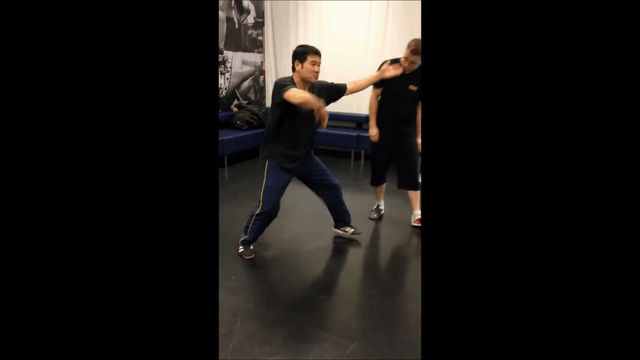"Principles are ideas which lead to success. They are logical explanations of how and why things work – or don’t. If a principle is true and it is applied correctly, it results in success.Principle is abstract. Technique is concrete.
Principles are ‘WHY’ techniques work – or do not, and they tell you ‘HOW’ you can make them work for you. Without this understanding, most of your efforts are wasted. Knowing techniques isn’t enough. You need to know why and how they work, when to use them, and how to make them work for you. There are principles that are applications of the laws of physics and apply to all martial arts [and fighting]."
A fighting principle "lure" is to lead your opponent. Dropping or raising your arms may not lead an opponent to where you can successfully attack. Only drilling raising or dropping your arms can be a waste of time, without an understanding of other principles and movements. (Some fighters may already be following principles without knowing it.)For example, the principle "bait". You drop arms to bait for punch. You raise arms to bait for kick.
Last edited:



